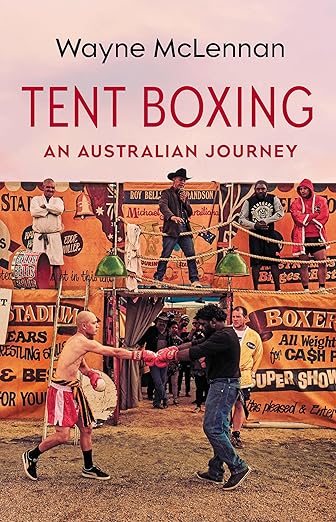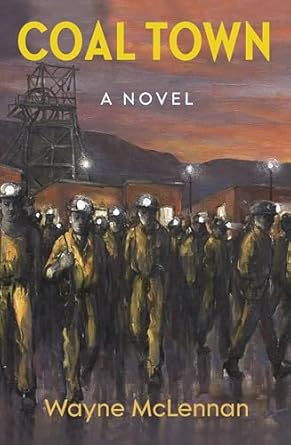Wayne John Mclennan
“I have never settled down and as such I’m happy”
My Books
Why I started writing
“I have never settled down and as such I’m happy”
It was a hard winter in Estonia in 1998. Snow lay feet thick on the ground for months, trees bent double with its weight. When they cleaned the roads only ice tracks were left. I moved to Estonia with my Dutch wife so that she could write a book. We bought a large wooden house that stood in a bare field and was surrounded by grey, naked pine trees. The house, which had previously been the village school, was badly insulated, letting the icy north winds weave through its cracks as easily as water saturates paper. We drank abundant amounts of Moldavian brandy and Estonia Vodka, lived on fatty sausage, pork, potatoes and cabbage, and I ate blocks and blocks of chocolate, which I have since read is craved by depressed people. Each morning, I crawled from under a great mound of coverings, threw on a heavy full-length coat over my long underwear, pulled on knee-length leather boots, and settled a Russian military fur cap over my head, pulling the flaps down tightly over my ears, and – complaining – ploughed through the snow to the barn at the back of the house to collect firewood for our two massive brick-lined, cast-iron stoves. I then spent the next three hours lighting, banking and nurturing the fires, until the flames had turned to bright glowing embers. Only then could I close off the air vents, confident it would not smoke, and there was enough heat to keep the stovebricks furnace-hot, and so the house warm. In the afternoons, I would split firewood, and then there was always the drinking. When I complained about boredom, my wife told me to write something. ‘You’re always telling stories, write them down,’ she said.
‘But I can’t spell,’ I told her, ‘and besides, I’ve never written anything before.’ ‘Try,’ she said.
It had been a National Geographic magazine article that had tempted me south.
I read that it was a democracy, that it had no army, that the girls were beautiful. There were pictures. Nicaragua and El Salvador were at war at the time, Honduras was a military dictatorship. Costa Rica was paradise. There was a gold rush going on, and like a lot of other people, I got caught up in it. I worked in the rivers for more than two years. At times I bought and sold gold, keeping my head at all times, just above water. It was in Costa Rica that I met my Dutch wife, and it was because of her that I moved to Holland with my last $800. But labouring work was plentiful in Amsterdam in those days. We made a trip to Australia later that same year and worked our way slowly around that continent. While my wife wrote, I found good employment in the meat works in Broome in Western Australia’s far north, and was tempted to stay, but it was only the temptation that comes from familiarity, and that wasn’t strong enough to keep me. On our return trip to Amsterdam, I bought samples of silk in China, and found that I had stumbled upon an opportunity. I opened a successful shop, McLennan’s Pure Silk, travelling twice a year to China and Thailand to buy new stock. But then I sold the business because of a panic that comes to most men at a certain time in life, and set off again. I headed back to Costa Rica, but it had changed too much as things always do when looked at through older eyes, and I ended up in Nicaragua. The war had finished, it was a democracy of sorts, I had a boat built, went fishing for a couple of years, got involved with the local boxing, and then it was time for Estonia.
My stories are true. Most of the people mentioned are still mates, and I still see them on a regular basis





